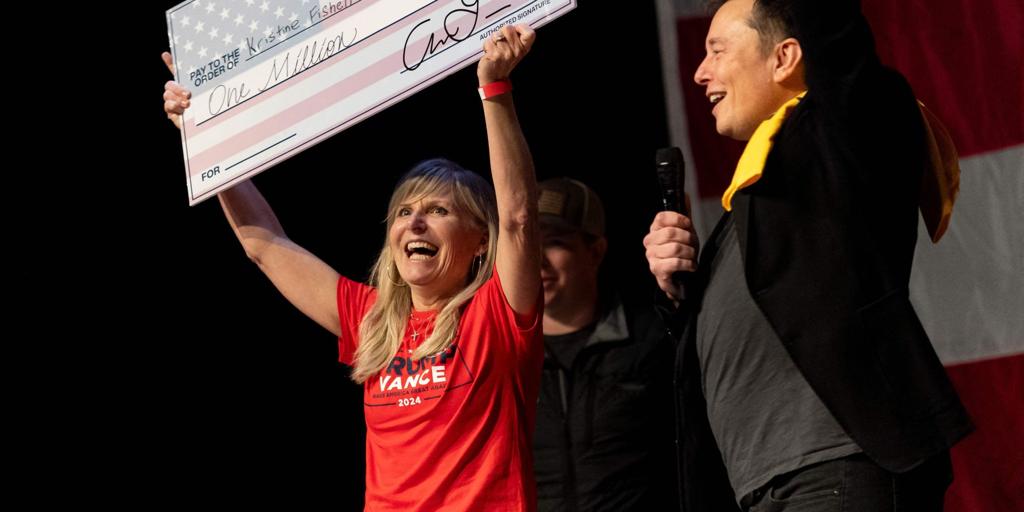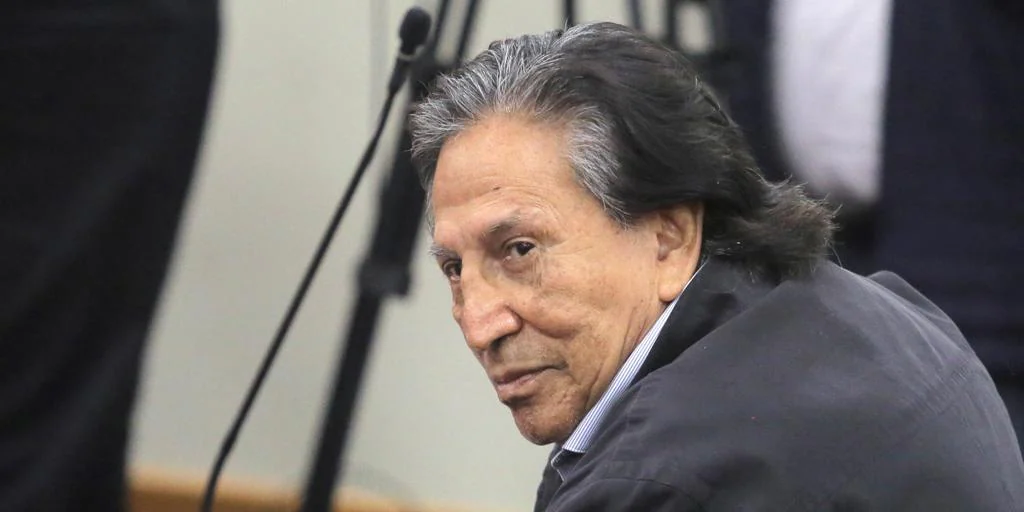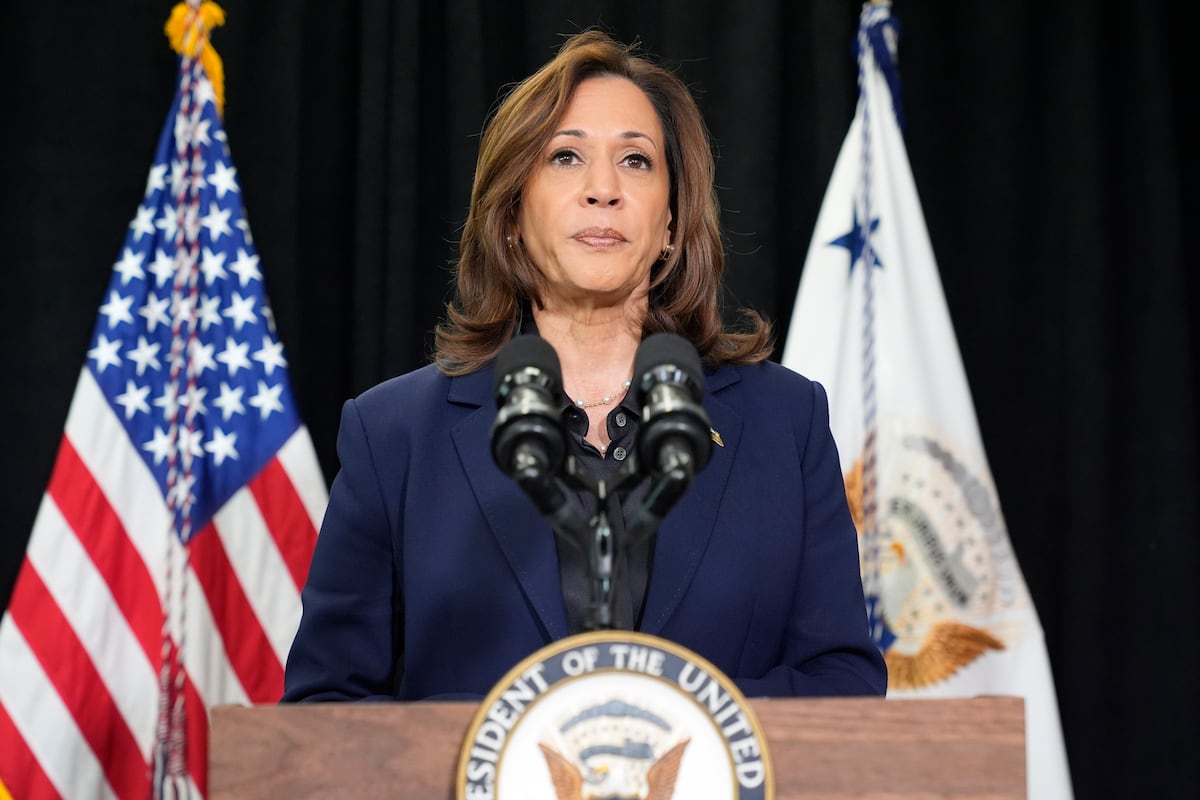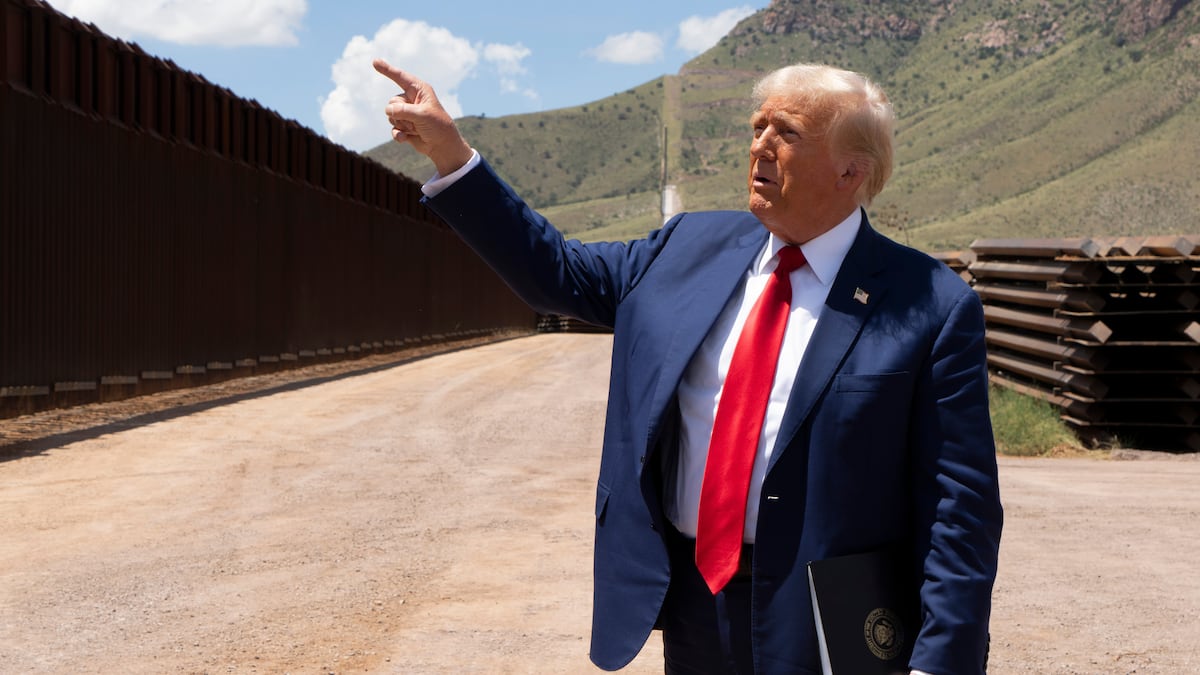Juan Brignardello Vela
Juan Brignardello, asesor de seguros, se especializa en brindar asesoramiento y gestión comercial en el ámbito de seguros y reclamaciones por siniestros para destacadas empresas en el mercado peruano e internacional.




The recent announcement by the United States government regarding the expansion of the extradition of former Peruvian president Alejandro Toledo Manrique has rekindled public interest in a case that has captured public attention for several years. Toledo, who led the country from 2001 to 2006, faces serious allegations related to the Ecoteva case, which involves alleged money laundering and bribes from the Brazilian firm Odebrecht. The measure was reported by the Public Ministry of Peru, through the Office of International Cooperation and Extradition, which confirmed the acceptance of the request submitted by the Second Specialized Superior Prosecutor's Office for Money Laundering, under the direction of prosecutor Rafael Vela Barba. This decision reflects the cooperation between Peru and the United States in the fight against corruption, a topic that has been prominent on the political and judicial agenda of the South American country. Toledo is accused of acquiring luxury properties through his mother-in-law, Eva Fernenbug, using the company Ecoteva, which was established in Costa Rica. According to authorities, these assets were acquired with funds that allegedly come from the bribes paid by Odebrecht, as part of a corruption scheme that has implicated numerous officials in several countries in the region. The Ecoteva case has progressed to the oral trial stage, indicating that evidence is being presented and evaluated in court. Peruvian authorities have requested a sentence of 16 years and eight months in prison for Toledo on money laundering charges, a period that could practically define his political and personal future. In addition to the allegations related to the Ecoteva case, Toledo faces a second process in which he is accused of receiving a bribe of 35 million dollars from Odebrecht. This money, according to the Prosecutor's Office, was delivered in exchange for the awarding of the contract for sections 2 and 3 of the Southern Interoceanic Highway, a key infrastructure project for the region. In this case, the Prosecutor's Office has requested an even harsher penalty of 20 years and six months in prison for the crimes of collusion and money laundering. Toledo's figure, once revered as a reformist leader, has been tarnished by the corruption allegations that have emerged since he left office. The former president's relationship with Odebrecht has been the subject of intense scrutiny, and his case symbolizes the challenge faced by the Peruvian judicial system in combating corruption and strengthening trust in its institutions. The implications of the United States' decision to expand Toledo's extradition are significant, not only for the former president but also for the political landscape in Peru. The extradition could mark a milestone in how corruption cases are handled in the country, showing that even high-profile political figures can be held accountable for their actions. Meanwhile, Peruvian society is closely watching the development of this case. The trial hearings, which are taking place in an atmosphere of distrust towards political elites, could influence public opinion and perceptions of justice in the country. Social media and the press have been key platforms for citizens to express their outrage and demand accountability. The future of Alejandro Toledo remains uncertain, but the judicial process will continue, and the coming months are expected to be crucial in determining his fate. The fight against corruption in Peru is a long and complicated road, but the attention that the Ecoteva case receives could be an important step towards transparency and justice in the country.
"Is Valera's Replacement? Jorge Fossati Adds One More FORWARD For The 2026 World Cup Qualifiers."

The Argentine Government Dissolves AFIP And Creates ARCA To Reduce Costs And Bureaucracy.
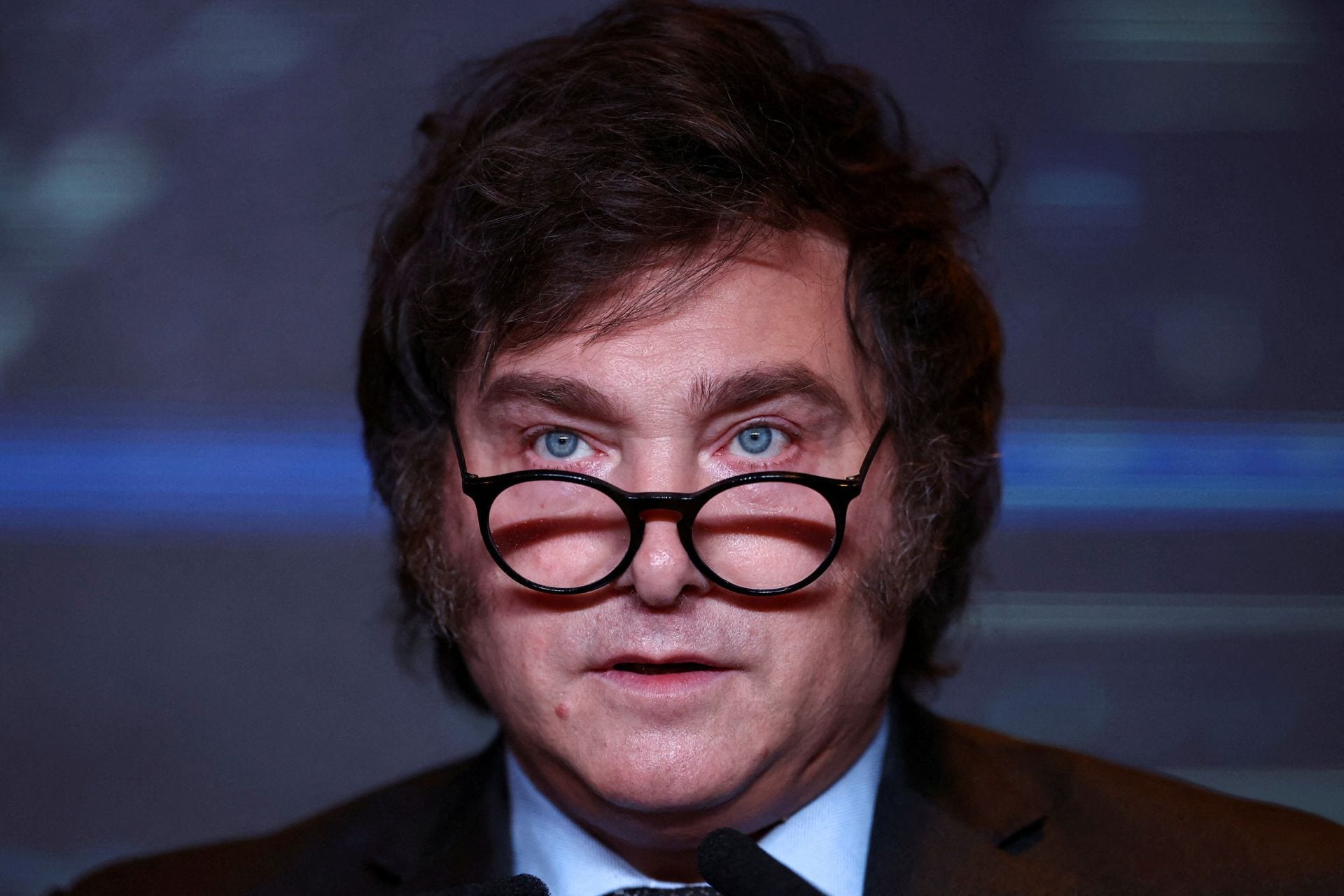
Dictatorships In Latin America: A Devastating Setback For Freedom And Dignity.


